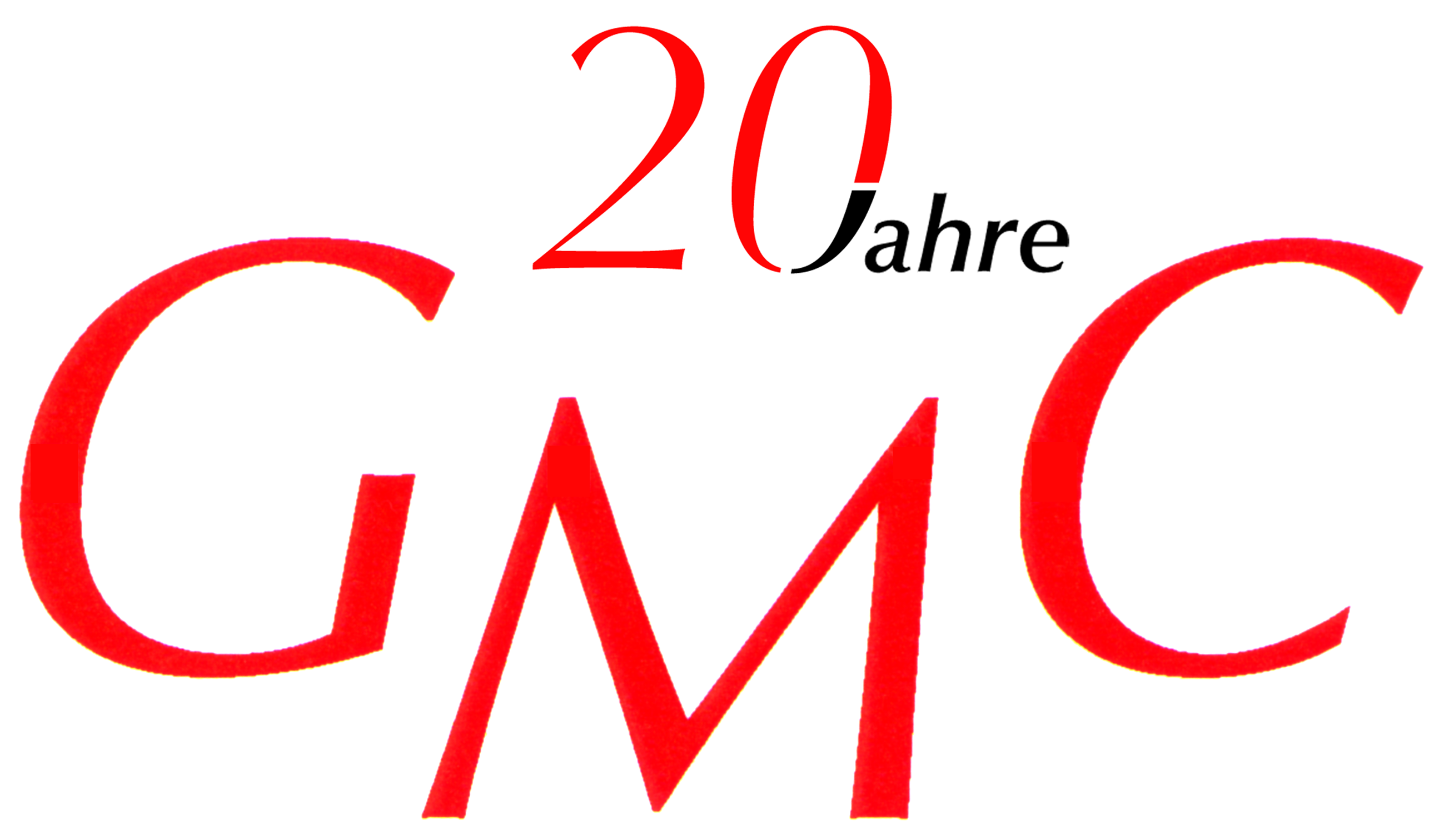
FOREWORD
The author, Gerd Michael Müller, born in Zürich in 1962, traveled as a photo-journalist to more than 50 nations and lived in seven countries, including in the underground in South Africa during apartheid. In the 80 years he was a political activist at the youth riots in Zürich. Then he was involved in pioneering Wildlife & eco projects in Southern Africa and humanitarian projects elsewhere in the world. As early as 1993, Müller reported on the global climate change and in 1999 he founded the «Tourism & Environment Forum Switzerland». Through his humanitarian missions he got to know Nelson Mandela, the Dalai Lama and other figures of light. His book is an exciting mixture of political thriller, crazy social stories and travel reports – the highlights of his adventurous, wild nomadic life for reportage photography .
(please note that translation corrections are still in progress and images will follow soon)
A good 500 companies with well over 10000 employees work in the commodities industry in Switzerland, which has its first notorious protagonist in March Rich, who made it to sad or dubious fame when he first hit the headlines in the 1970s. The Belgian-born US citizen ensured that commodity trading in Switzerland became significant. His unscrupulous oil deals with South Africa and Iran, bypassing international sanctions, helped the „father of the Swiss success model“ to achieve immense wealth and put him on the list of the most wanted criminals in the USA, until Bill Clinton pardoned him in 2001.
We recall that Bill Clinton and Alan Greenspan also pushed for the liberalization of food markets, triggering the hedge fund scourge. Back to Switzerland. Here Christoph Blocher and Martin Ebner were among the most ruthless liberalizers in the 1990s. We know from „Bloomberg“ journalists Javier Blas and Jack Farchy that Ebner was among the saviors of Marc Rich’s empire, and today’s „Glencore“ Ivan Glasberg boss also earned his spurs in Johannesburg, South Africa, and learned a lot from his master in illegal oil deals and sanctions evasion, even if he worked in the coal department. Low taxes, a central location in Europe, a stable Swiss franc and access to the international financial system, and weak regulation have provided fertile ground in Switzerland in recent decades for companies exploiting resources around the world.
From „Glencore’s“ environment emerged other successful commodity traders such as „Vitol,“ which helped the island nation of Cuba get oil in return for sugar at favorable prices when Cuba defaulted in the 1990s. It was rumored that „Vitol“ financed and operated a luxury hotel in Cuba and that the then like „Vitol“ boss Ian Taylor occasionally met with Fidel Castro for a cigar smoke and Cuba libre. Then, in the 1990s, the former Soviet republics joined the new commodity Eldorados. Swiss commodity traders control nearly 80 percent of global trade and operate unscrupulously. The „Gunvor“ case in the Congo, the machinations of „Credit Suisse“ in Mozambique and the money laundering affair in Bulgaria exemplify the tip of the corruption iceberg.
Although the Federal Council confirmed in a report „the great risk of corruption“, it did nothing further to strengthen banking supervision in order to curb money laundering. Commodity traders „Glencore,“ „Trafigura,“ „Vitol,“ „Mercuria“ and „Gunvor“ received a total of $363.8 billion in loans from 2013 to 2019, according to research by Public Eye. Public Eye also investigated the high-risk financial instruments and practices of commodity traders, which now function as banks themselves, but largely evade financial control and banking and financial supervision „finma“. „Gunvor“ paid a 164 million fine in the U.S. for misconduct in Brazil, Ecuador and Mexico. It is shocking that large corporations, banks and the super-rich can always buy their way out with ridiculous fines, while others go to jail for much lesser crimes. There are enough examples in Switzerland as well.
Billionaire Urs E. Schwarzenbach has displayed considerable criminal energy, according to a high court ruling, in the offenses of art smuggling and tax evasion. He owes several hundred million Swiss francs to the Zurich tax office alone and is still living unburdened and unscathed in freedom after numerous federal court rulings. The entrepreneur Remo Stoffel also did not have to serve a prison sentence, although he had falsified the company balance sheet by more than 100 million.
Another Gold Coast millionaire, who rented out an ailing real estate empire with run-down apartments at usurious prices and was convicted of commercial fraud, usury, coercion and tax evasion, did not have to go to prison either. It was a similar story with the „Erb Group“ and the errant banks and financial institutions. The list of robber barons and usurpers could be continued indefinitely. Credit Suisse“ is the world champion in paying fines for its numerous misdemeanors in the USA and elsewhere, but none of the responsible criminals has been imprisoned. The „finma“, the Swiss financial market regulator is a sleeper and appeasement agency par excellence. Whistleblowers are a completely different matter. They are persecuted and treated like war criminals. It seems to be good manners in Switzerland that rich people and financial institutions do not have to abide by any rules and are not imprisoned for their crimes. „Horse-trading is a tradition in Switzerland,“ some unctuous politician might say.
But the same thing is happening in Germany, too, if you look at the German automakers‘ emissions scandal. So far, none of the glorious car managers has been personally fined and prosecuted for this, and in Switzerland, the bruised buyers of stinky cars are still waiting for compensation or retrofitting. The Swiss banks have learned nothing and still help corrupt politicians and kleptocrats to hide their illegally stolen state money, as the Pandora Papers show. One should finally hold every single banker involved accountable.
Switzerland shines in many statistics such as gold and money wealth, happiness, patents, receiving, but the reality is quite different. Beside the 810’000 millionaires and some billionaires there are in the small Switzerland over 300’000 families, which cannot pay their health insurance premium, 240’000 persons, who were operated for their tax debts and over 400’000 humans, who live under the poverty line. Social expenditures at the federal, cantonal and municipal levels have tripled in the last 15 years. In addition, one percent keeps half of the total wealth for itself.
What does that mean? It means that companies in a free market economy should offer jobs with living wages and, beyond coperate governance, should create value for the community instead of dividends for rich shareholders. Furthermore, the state should create more incentives for meaningful tasks in social, educational, health care, but also in nature and environmental protection. With climate change, there would be plenty of tasks. And instead of the state paying more and more social welfare money, these human resources should be used for the climate-neutral restructuring of our society. From all age and education groups, cultural and linguistic backgrounds. De facto, only a few employees over the age of 50 find a job again. So why shouldn’t they be used for social tasks and nature and environmental protection projects according to their qualifications and compensated accordingly. We must establish a permanent Spitex for nature. And collect the necessary funds from the super-rich.
Switzerland has its climate target for 2020 and will fall well short of it in 2021, as it did in previous years, and in every area: buildings, industry, agriculture and especially transport. Compared to 1990, Switzerland should have reduced by 20 percent. By 2019, we managed just 14 percent. „To stabilize global warming at 1.5 degrees, climate gases must be reduced by at least 50 percent readyis 2030,“ says ETH professor Sonja Seneviratne, an author of several reports for the Intergovernmental Panel on Climate Change. „We can’t just keep living as we are and hope that miracle technology will save us one day“ says Seneviratne. If we continue as we are, our entire CO2 budget will be completely depleted. The reduction must therefore be very drastic in the next ten years, and rich Switzerland with its large footprint must finally take the lead.
In my opinion, all countries should get their act together and introduce a war material moratorium for five or ten years and the saved funds should be spent on climate protection and CO2 reduction. Because the world is currently fighting a global battle to save our planet, which it seems to be losing,
